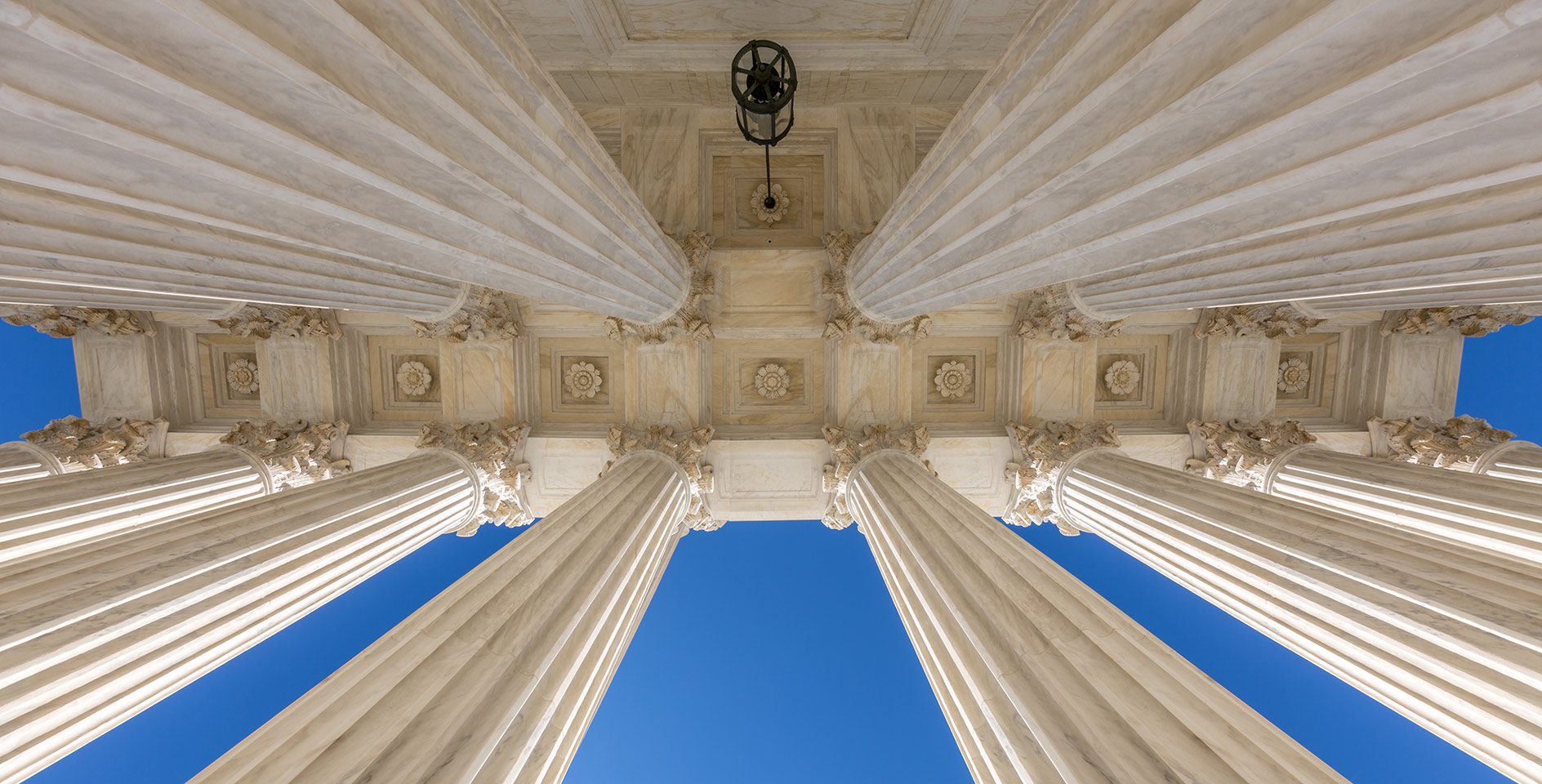Public outrage is spreading over the City of Houston’s attempt to force pastors to hand over their sermons and other communications in a case where they are not parties. Just after midnight on Wednesday, Houston Mayor Annise Parker tweeted in defense of her subpoenas, saying pastors’ sermons are “fair game” if they concern an issue where the pastors have opposed government policy. Then Wednesday afternoon her office went into damage control, declaring the subpoenas were a surprise to the city. But around 8 pm Wednesday night the mayor tweeted again in support of an ideological commentary piece that defended the subpoenas. So it seems that the mayor was for the subpoenas both before and after she was against them.
Legal commentary has been skeptical of the city’s sermon demand, but some are still a little too sanguine about it. One is Professor Eugene Volokh. He correctly points out that the First Amendment requires scrutiny on discovery requests of people engaged in free speech. But when he suggests that the pastors might “in principle” be subpoenaed, he cites several cases that are not squarely applicable.
In Houston the pastors are not suing, being sued, helping a criminal investigation, or violating any law. They are being subpoenaed solely because they engaged in free speech and petitioning of the government, and they are being targeted by the government who disagrees with them. This makes the First Amendment interests much stronger than in the situations Professor Volokh cites, where people were sued for harassment or employment discrimination, or were asked to testify at a grand jury’s investigation of a crime, or had brought their own lawsuit and thus were subject to discovery. The pastors here are simply community members who exercised their First Amendment rights against a governmental policy. In fact, in the existing lawsuit it is the government that is accused of wrongdoing (by denying citizens the right to vote on a “bathroom bill”). The First Amendment does not let the government violate citizens’ rights and then, when it gets sued, use court rules as a sword to attack the advocacy rights of its political opponents.
In several cases that Prof. Volokh did not discuss, federal appellate courts have imposed some rigorous requirements in the balancing test used to weigh First Amendment interests against discovery requests. These cases show that the subpoenas here are illegitimate and are not analogous to cases where a pastor is a defendant in a case.
First, while the ordinary discovery standard can merely require that the request be calculated to find any relevant evidence, a request aimed at non-party free speakers requires that the discovery be “highly” relevant, “crucial” to the litigant’s case, and that it go to “the heart of the matter.” Perry v. Schwarzenegger, 591 F.3d 1147, 1161 (9th Cir. 2010); Black Panther Party v. Smith, 661 F.2d 1243, 1268 (D.C. Cir. 1981); Zerilli v. Smith, 656 F.2d 705, 713 (D.C. Cir. 1981) (same). This lawsuit is about whether the city violated its legal duties by refusing to let the people vote on a bathroom bill. There no relevance, much less “high” relevance, between that issue and what pastors in Houston said about that law (or about anything else).
Second, even if the information sought could be shown to be “highly relevant,” the same cases say it must also be “otherwise unavailable,” the litigant must “exhaust […] every reasonable alternative source” before demanding it from First Amendment actors, and the litigant is “required to attempt to seek information from other likely and reasonably accessible sources.” See id. Perry, Black Panther Party, and Zerilli; see also
Internat’l Union, UAW v. National Right to Work Legal Defense & Education Foundation, Inc., 590 F.2d 1139, 1152 (D.C. Cir. 1979). The information the city needs to defend this case is entirely available from other sources. The actual plaintiffs in the case are the supporters of the petition the city denied, so the city can simply ask them for evidence about the petition process. There is no need to attack non-party pastors with demands for their sermons and communications.
Third, any request impacting First Amendment rights must be “carefully tailored to avoid unnecessary interference with protected activities.” Perry, 591 F.3d at 1161. Careful tailoring precludes the sort of dragnet language often found in discovery requests (demanding “all documents related to” something). Here the city’s demands are massively broad, and they cannot be legitimately narrowed because no specific document that the city wants will be sufficiently relevant to the case. If the city did actually request a specific document, it would be shown to be insufficiently relevant. So lawyers wanting to sustain overbroad subpoenas like this will fight tooth and nail not to name a specific document, but to keep the requests as generic as possible by asking for documents “related to” an issue. They’ll just claim that because the issue is relevant, all documents “related to” it must be too. That kind of request fails both the careful tailoring and highly relevant standards. It is a smokescreen pretending to be narrow, but hiding the fact that all the specific documents within its scope are not crucial enough to the case to trump the pastors’ First Amendment interests.
Rigorous First Amendment protection is needed against government discovery requests to non-parties. Otherwise a citizen’s mere exercise of First Amendment protected activity (like petitioning its government to vote on a controversial law) could subject the citizen to broad document and deposition subpoenas that would dissuade her from speaking in the first place. If court rules are interpreted to allow those burdens—especially if the citizens have publicly opposed the government that is subpoenaing them—it would likely suppress citizen participation in representative government. Citizens would fear that if they publicly advocate and lose the issue, they will be dragged into court by their political opponents, need to hire attorneys, be forced to hand over their private documents and be subjected to hostile depositions. That is far too high a price to impose both on citizens themselves and on the robust dialogue and public participation that are necessary in order to maintain a free society. It is an inquisition tactic used by a government that will not tolerate any dissent from or checks on its power.









